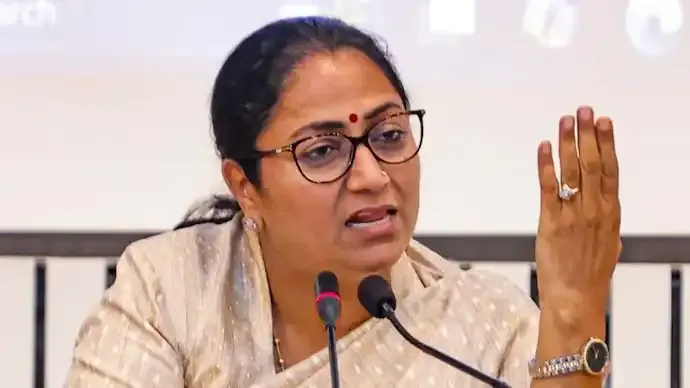Shopping cart
Your cart empty!
Terms of use dolor sit amet consectetur, adipisicing elit. Recusandae provident ullam aperiam quo ad non corrupti sit vel quam repellat ipsa quod sed, repellendus adipisci, ducimus ea modi odio assumenda.
Lorem ipsum dolor sit amet consectetur adipisicing elit. Sequi, cum esse possimus officiis amet ea voluptatibus libero! Dolorum assumenda esse, deserunt ipsum ad iusto! Praesentium error nobis tenetur at, quis nostrum facere excepturi architecto totam.
Lorem ipsum dolor sit amet consectetur adipisicing elit. Inventore, soluta alias eaque modi ipsum sint iusto fugiat vero velit rerum.
Sequi, cum esse possimus officiis amet ea voluptatibus libero! Dolorum assumenda esse, deserunt ipsum ad iusto! Praesentium error nobis tenetur at, quis nostrum facere excepturi architecto totam.
Lorem ipsum dolor sit amet consectetur adipisicing elit. Inventore, soluta alias eaque modi ipsum sint iusto fugiat vero velit rerum.
Dolor sit amet consectetur adipisicing elit. Sequi, cum esse possimus officiis amet ea voluptatibus libero! Dolorum assumenda esse, deserunt ipsum ad iusto! Praesentium error nobis tenetur at, quis nostrum facere excepturi architecto totam.
Lorem ipsum dolor sit amet consectetur adipisicing elit. Inventore, soluta alias eaque modi ipsum sint iusto fugiat vero velit rerum.
Sit amet consectetur adipisicing elit. Sequi, cum esse possimus officiis amet ea voluptatibus libero! Dolorum assumenda esse, deserunt ipsum ad iusto! Praesentium error nobis tenetur at, quis nostrum facere excepturi architecto totam.
Lorem ipsum dolor sit amet consectetur adipisicing elit. Inventore, soluta alias eaque modi ipsum sint iusto fugiat vero velit rerum.
Do you agree to our terms? Sign up

The Delhi government has called upon its schools to strengthen collaborations with non-governmental organisations (NGOs) and corporate social responsibility (CSR) partners through the Vidyanjali portal, a central platform designed to promote community engagement in education. The move aims to align with the National Education Policy (NEP) 2020, which emphasises volunteerism, partnership, and shared responsibility in transforming India’s education system.
According to a circular issued by the Directorate of Education (DoE), government and aided schools in Delhi are encouraged to make full use of the Vidyanjali platform to seek support in areas such as infrastructure, learning resources, and co-curricular development. The portal connects schools with individuals, organisations, and corporates willing to contribute expertise, time, or financial assistance.
The circular highlights the launch of the “Adopt-a-School” module, introduced in January 2025 by the Ministry of Education’s Department of School Education and Literacy (DoSEL). This module facilitates long-term collaborations between schools and CSR entities for resource enhancement and infrastructure development. It allows schools to formalise partnerships with corporate contributors, NGOs, and community organisations for sustainable growth.
Principals and school heads have been authorised to approve CSR proposals that cater to institutional needs, ensuring faster implementation of development projects. However, large-scale infrastructure works—such as classroom construction, sanitation facilities, or major renovations—will continue to require prior approval through the official e-office system.
All CSR-related proposals must be processed exclusively through the Vidyanjali portal, ensuring transparency and accountability. The DoE also directed schools to safeguard students’ personal data and adhere to confidentiality norms. Additionally, it recommended that asset maintenance be covered under manufacturer warranties where applicable, while the Composite School Grant can be used for upkeep when necessary.
Once approved at the state level, CSR partners can extend contributions in the form of activities, sponsorships, or asset donations, further strengthening public-private collaboration within Delhi’s education ecosystem.
The initiative represents a significant step towards integrating community-driven development in the education sector, promoting holistic learning environments, and realising the vision of NEP 2020 for inclusive and participatory education across India.
6
Published: 17h ago